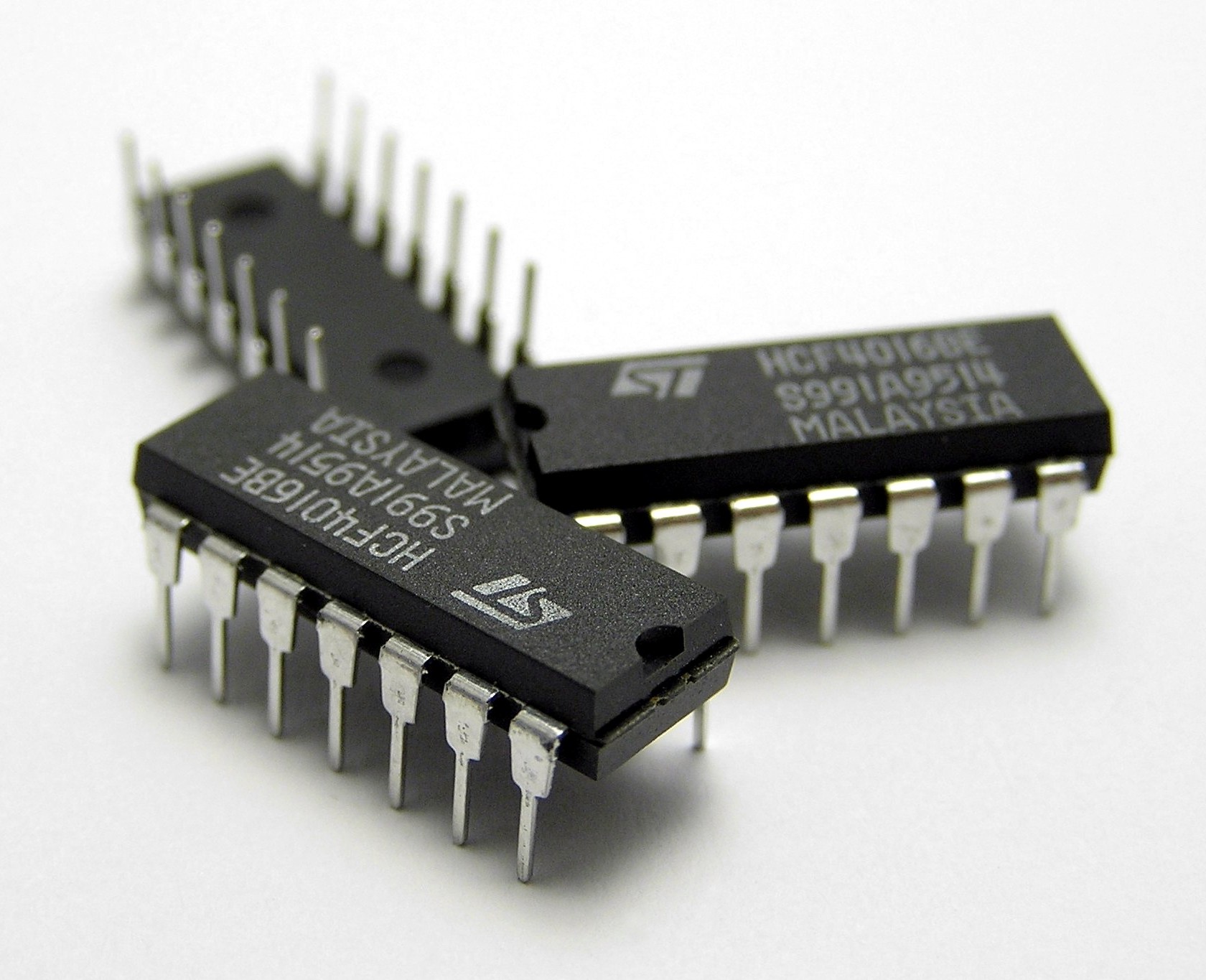Car batteries are essential components of modern vehicles, providing the electrical power needed to start the engine and operate various systems. However, these batteries are also vulnerable to damage from various factors, including voltage fluctuations. In this article, we will explore the voltage threshold that can damage your car battery and provide tips on how to prevent such damage.
What Voltage Damages Car Battery?
Car batteries are designed to operate within a specific voltage range, typically between 12.6 and 14.8 volts. When the voltage exceeds this range, the battery can become damaged, leading to reduced performance and a shorter lifespan. The exact voltage threshold that can damage your car battery depends on several factors, including the battery's age, type, and condition.
For example, a fully charged lead-acid battery can handle a voltage of up to 15 volts without significant damage. However, if the battery is old or has been discharged, even a slight overvoltage can cause irreversible damage. Lithium-ion batteries, which are becoming more common in modern cars, are even more sensitive to voltage fluctuations and can be damaged by voltages as low as 4.2 volts.
Effects of Overvoltage on Car Battery:
When a car battery is exposed to overvoltage, several negative effects can occur. The most common effect is reduced battery life, as the excess voltage can cause the battery to overheat and degrade faster. Overvoltage can also damage the battery's internal components, such as the plates and electrolyte, leading to reduced capacity and performance.
In severe cases, overvoltage can cause the battery to leak or even explode, posing a significant safety risk. Additionally, overvoltage can damage other electrical components in the car, such as the alternator, starter motor, and electronic control units.
How to Prevent Overvoltage Damage:
To prevent overvoltage damage to your car battery, it is essential to maintain the electrical system properly. This includes checking the battery's voltage regularly and ensuring that the charging system is functioning correctly. If you notice any signs of overvoltage, such as a swollen battery or a burning smell, you should have the system inspected by a professional mechanic.
You can also prevent overvoltage damage by using a voltage regulator or stabilizer, which can regulate the voltage supplied to the battery and prevent spikes or surges. Additionally, you should avoid using high-powered electrical devices, such as amplifiers or subwoofers, without upgrading the electrical system to handle the increased load.
Conclusion:
In conclusion, overvoltage can cause significant damage to your car battery and other electrical components. To prevent such damage, it is essential to maintain the electrical system properly, monitor the battery's voltage, and use voltage regulators or stabilizers when necessary. By following these tips, you can ensure that your car battery lasts longer and performs better, saving you time and money in the long run.



